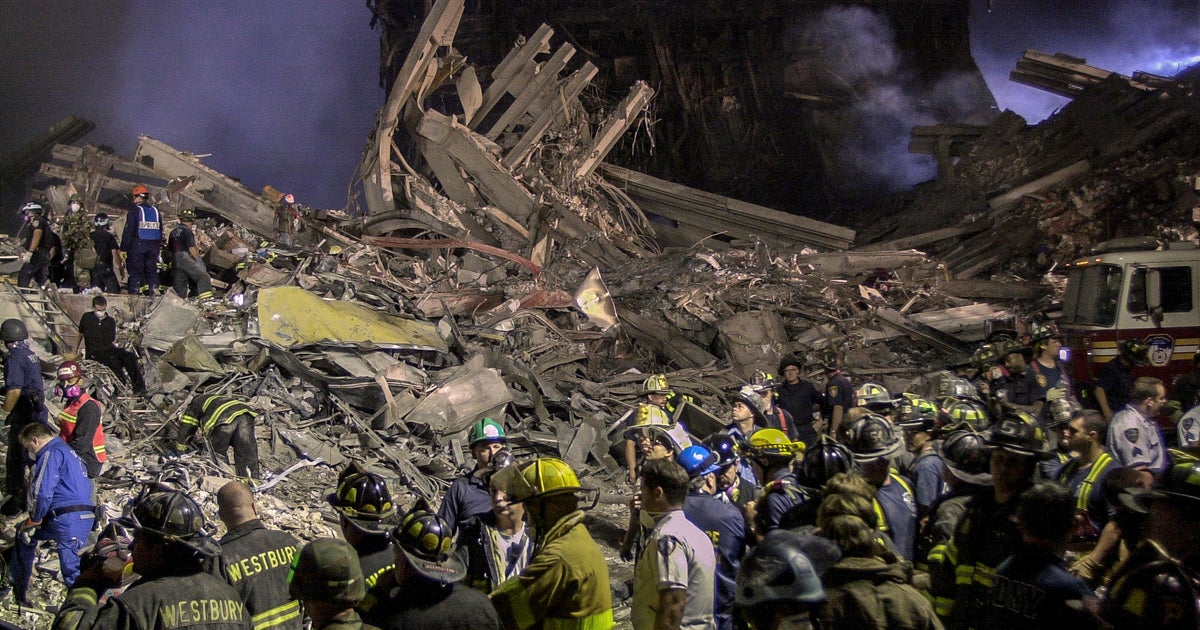9/11 Health Heroes at Risk: Funding Cuts Threaten Critical Support for Ground Zero Survivors

Controversy Erupts as Trump Administration Threatens 9/11 Survivors' Healthcare Support
A wave of public anger is sweeping across the nation as the Trump administration's recent decision to reduce staffing at the World Trade Center Health Program sparks widespread concern. First responders, survivors, and advocates are voicing their deep frustration, arguing that these staff cuts could critically undermine essential medical services for those who suffered in the aftermath of the September 11 terrorist attacks.
The proposed layoffs have struck a particularly sensitive nerve, as the World Trade Center Health Program has been a lifeline for thousands of individuals who continue to battle health complications directly linked to the 9/11 attacks. Medical professionals and survivors alike warn that reducing program staff could potentially limit access to crucial healthcare services, leaving many vulnerable individuals without the support they desperately need.
Advocates are calling for immediate reconsideration of the staffing cuts, emphasizing the ongoing medical challenges faced by 9/11 survivors and the critical role this program plays in their long-term health and recovery.
